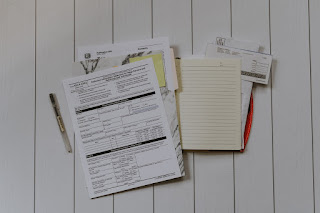Information and Communication Technology (ICT) or Remote Auditing What is ICT or Remote Auditing ? In these turbulent and uncertain times brought about by COVID-19, many questions have arisen concerning the availability and viability of conducting remote audits, also known as “ICT”. To help separate the facts from the fiction, Smithers has developed an ICT information sheet to help you understand what it is, the basics around how it works, and the questions that interested parties must answer before moving forward with this option. What is ICT auditing, exactly? It is defined as: “The use of technology for gathering, storing, retrieving, processing, analyzing, and transmitting information to optimize an audit’s effectiveness and efficiency, and to support and maintain the integrity of the audit process.” Some acceptable technologies for conducting these remote audits are, but not limited to: Smartphones, Tablets, and other Handheld Devices Laptop and Desktop Computers...
